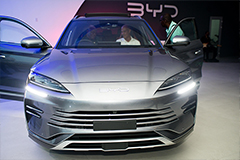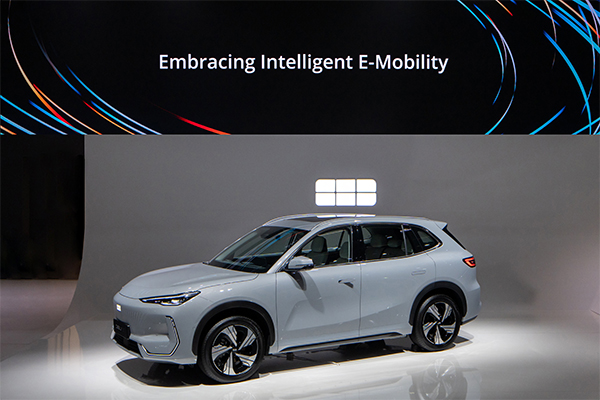Li Auto validated the solid-state battery option for more than half a year, but gave up because the cost of the pack alone was close to RMB 300,000.
Li Auto considered using solid-state batteries in future models in 2019, but abandoned the route after validation.

Li Auto validated this for more than half a year, arguing that Nio's replenishment solution was already a ceiling and that the latter's battery swap don't have to take into account charging duration, the report said, citing a person close to the company.
However, solid-state batteries were too expensive, with the battery pack alone costing close to RMB 300,000 yuan, so Li Auto gave up.
In February, Nio co-founder and president Qin Lihong said at a user face-to-face event that the company's 150-kWh battery packs cost almost as much as an ET5 sedan, which now starts at RMB 298,000.
Around 2020, the search for higher-range batteries became one of the most important topics for China's EV industry, and the most essential way to improve range is to increase the energy density of batteries, LatePost noted.
At that time, the energy density of lithium batteries was generally between 130-160 Wh/kg, and the higher the energy density of the battery, the worse the stability.
In contrast, solid-state batteries not only have a high energy density, allowing vehicles to achieve a range of 1,000 km, but are also extremely safe.
When Nio launched its flagship sedan, the Nio ET7, at the Nio Day 2020 event on January 9, 2021, it unveiled a 150-kWh semi-solid-state battery that it said would give the vehicle a range of more than 1,000 km.
Since then, the battery's delivery schedule has been delayed several times, and Nio didn't file for the use of the pack in its models until early May of this year.













